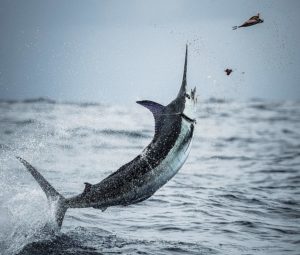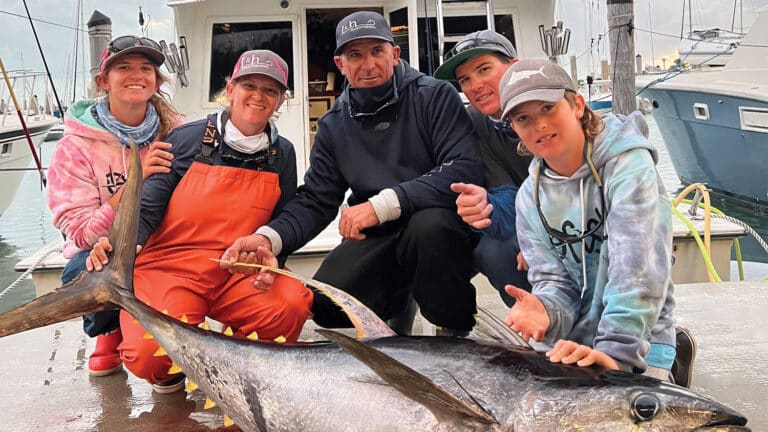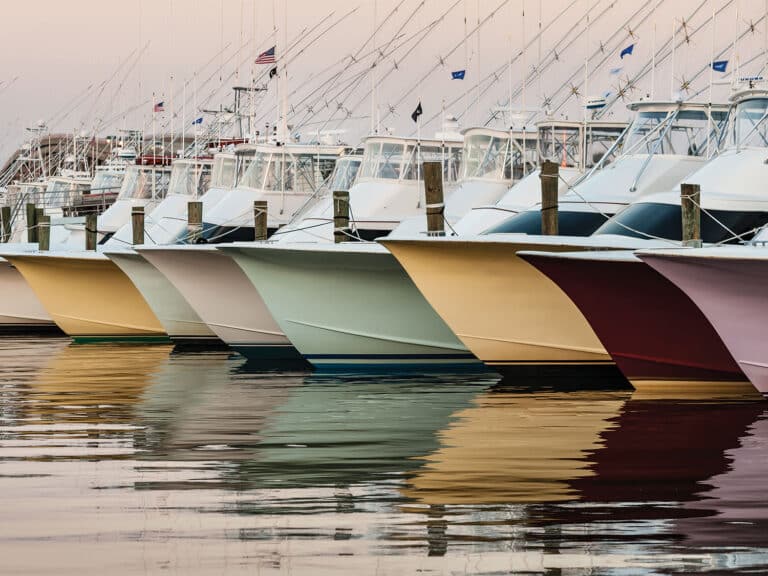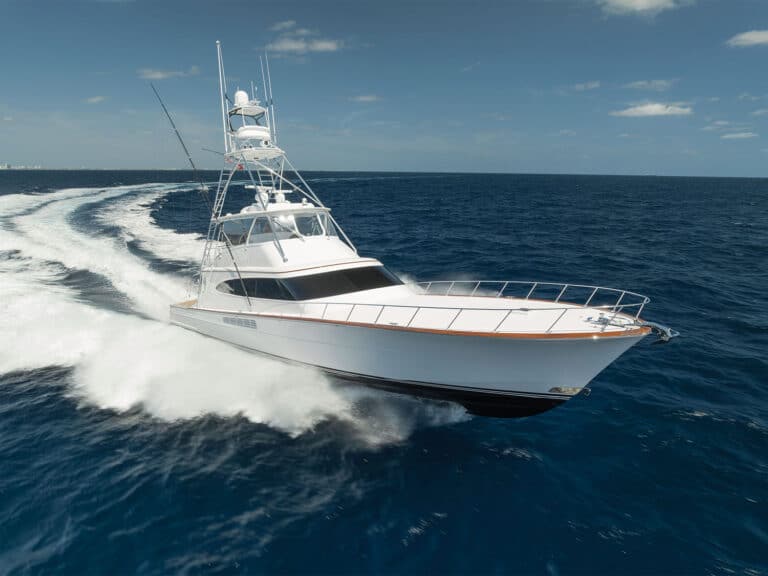Have you ever wondered why fishery managers often ignore the obvious solution to a problem and instead do the exact opposite? Have you wondered why it’s acceptable to eat a depleted species such as bluefin tuna, but unacceptable to eat marlin, which are equally depleted? Why do most Americans consider blackfin and skipjack tuna good to eat, but their relative, little tunny, not good to eat? Is it contradictory to frown upon “kill” tournaments for some game-fish species but not for others because they are good to eat?
The short answer to the above questions has to do with politics and political correctness. First of all, just about everything from the ocean is good to eat. People’s tastes and notions of what’s socially acceptable to eat change with the times. The first time I visited Bimini, back in the 1960s, it happened to be during a tuna tournament. At the end of the day, a dozen or more big bluefin tuna covered the weigh-in dock. A few natives arrived and cut off enough meat for dinner, and the rest was towed out and dumped at sea the next morning. After all, bluefin was not considered good to eat, and since there were so many tuna, killing them was not a problem. Commercially landed bluefin, back then, sold for a few cents a pound and were used to make pet food and fertilizer. They were routinely called horse mackerel. Recently, a single bluefin sold in Tokyo for well over $1 million.
One of the first times I tried sushi, many years ago, was at a marlin-tournament kickoff party in Kona. It tasted really good dipped in soy sauce, so I asked what type of fish it was, expecting the answer to be yellowfin tuna. It was — you guessed it — blue marlin.
The first-ever IGFA Auction and Banquet was held at the Flagler Museum in Palm Beach, Florida, in 1983. Those who attended will undoubtedly remember the infamous tackle-box dinner. The late outdoors writer and IGFA trustee A. J. McClane was a gourmet cook and cookbook author, so he was placed in charge of the menu that evening. Served in Plano tackle boxes, one of the featured gourmet items was cherry smoked marlin. Can you imagine the IGFA serving marlin at one of its functions today? Just goes to show you how times change.
Back in the 1970s and early ’80s, nearly all sailfish tournaments were kill events. After all, how could you trust other teams if they didn’t put their catch on the dock? I no longer know of any sailfish kill tournaments taking place in this, or any other, country. Is it a coincidence that back in the “kill” days, it took very few fish to win the tournament, and now it takes many sailfish releases to win? I don’t think it is a coincidence. What used to be socially acceptable is no longer politically correct. Times have changed, and the condition of many game-fish stocks has changed along with them. The conservation ethics of most anglers have vastly improved as they have become aware of the condition of fragile fish stocks. We have learned that the supply of fish is not inexhaustible. Man’s ability to catch fish has now surpassed the ability of fish to sustain themselves.
The Politics of Fish
Most serious anglers are far more interested in fishing than they are in politics. Some years ago, while representing the IGFA at a fishery management meeting in Washington, D.C., I was asked by a State Department official how the IGFA developed its representatives in places like Cuba, Russia, Saudi Arabia, Ghana, China, Lebanon and scores of other countries. My answer was that the IGFA keeps politics totally out of the equation. It looks for knowledgeable, respected, dedicated anglers as representatives, not for who is politically acceptable or connected to government.
Unfortunately, federal fishery management is based in Washington, D.C., and just about everything in that town is politically motivated. The management of fish is no exception. I learned, during many years of attending Washington meetings, that what is best for fishery resources has very little bearing on how they are managed.
For the most part, the bureaucrats in charge of fishery management are not fishermen. They are not dedicated conservationists or environmentalists. Those few that are don’t last long. They are working folks, just like most of us, who don’t want to rock the boat and would like to move up the ladder until they can start collecting their government pensions. There is nothing wrong with that. It’s human nature, but not necessarily good for fishery management.
Fortunately, over the years, Congress has tightened fishery management laws to make it much more difficult for the bureaucrats to do what they do best: procrastinate. Now, if a fishery starts to experience overfishing, they must stop it. If a species is overfished, they must have a plan to rebuild it in a specified period of time. Thus, we have seen considerable improvement in some stocks in recent years.
If this is so, why are bluefin tuna, marlin and many species of sharks in such bad shape? It’s simple: because they are not managed by the United States. They are under international management, because they are highly migratory and travel between countries in international waters. If you think politics is a problem in this country, imagine what it is like trying to gain consensus among close to 50 countries fishing commercially in the Atlantic, Caribbean and Mediterranean.
Most of those countries have no voice representing recreational anglers. Most of them don’t consider that marlin, sailfish, spearfish, sharks and tuna are valuable as game fish. They see them simply as protein to feed their citizens or fins to export to Asia at high prices.
For that reason, don’t expect much improvement in stocks managed internationally anytime soon. They will go through the motions of holding important annual meetings, scientific committees will make recommendations on the best course of action, and serious negotiations will take place. After all is said and done, however, not much will change.
So what are we, as concerned anglers and conservationists, supposed to do about it? Since fishery management is dominated by politics, we need to have lobbyists in the game representing us, and we do. Lobbyists representing our interests are on the job every day, and we need to support them to the best of our ability.
The organizations that deserve our strongest support include, but are not limited to, the International Game Fish Association (IGFA, igfa.org), The Billfish Foundation (TBF, billfish.org), the Recreational Fishing Alliance (RFA, joinrfa.org), the National Coalition For Marine Conservation (NCMC, savethefish.org) and the Coastal Conservation Association (CCA, joincca.org).
Please give them as much support as possible so that they can continue to represent us.







